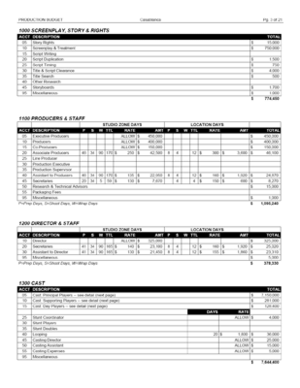Watching Dragons Den, there are a number of points when you
can see that the Dragons lose interest. One of the critical ones is when they
start exploring the numbers. Sometimes the reason they don’t invest is that the
numbers just don’t stack up. There is no profit to be had. Another reason they don’t invest is that people
don’t know their numbers. Or are confused about the numbers and what they mean. Over and over, under the pressure of the interview, people lose the plot about their costs, revenues and profits.
When you think about it, that makes perfect sense, the
Dragons are putting their personal money into someone elses’s business. If that
person does not know the difference between, turnover, profit, and margin then
why would anyone have confidence in the individual’s ability to increase
margin, build turnover and deliver profit? Knowing the numbers is critical to
success in the Den, and critical in giving the Dragons confidence in the
entrepreneur.
Can you see where I am going with this? All senior roles have
budgets, some of them very big budgets; interviewers need to be sure that the
candidates can handle those budgets and
that they will be good with the money. The challenge for the interviewer is how
to assess that. It is one of the most
difficult areas of skill to really test. Numerical reasoning tests can test arithmetic,
but that is not the whole answer. Commercial reasoning tests can test the
ability of a candidate to think commercially (understand turnover, margin and
profit but not deliver it). Questions in interview tend to be bland and relate
to ‘how do you ensure you don’t overspend?’,
‘how do you deliver increased productivity?’, ‘ tell us what you have done to
deliver savings/reduce costs?’. Ok those questions will get you some
information about whether the person understands processes.
How can you, as a candidate, give the interviewers
confidence that you are good with money?
It starts in the Cv and application: if you don’t talk the language
of numbers then you are missing a trick. You need to shown in your Cv that you
know the cost and value of everything. You need to demonstrate that you know
and understand the metrics of performance.
In your interview you should not wait for the interviewer to
ask about money, budgets or revenues, you should be talking naturally about
your income, your expenditure and your costs. By knowing and talking
confidently about those things you are demonstrating that you think about the
financial implications of all your activity. Once you do that, you give the
interviewers confidence that you will pay attention to those things.
What is it that makes the difference between someone who is
a good financial manager and someone who is not? Being able to see the patterns
in the numbers, being able to project. to identify and spot trends all make
someone good at managing the money. But, I think one of the absolute key things
is that good financial managers pay close attention to the numbers.
If you talk about the
money and know your numbers you can convince the interviews that you are one of
those people who pay attention to money, and that you can do all those things
you need to do to balance the books or turn the profit. If you think money, talk money and build confidence that you are good with money.
Mary Hope is an experienced senior recruiter and career
coach.









